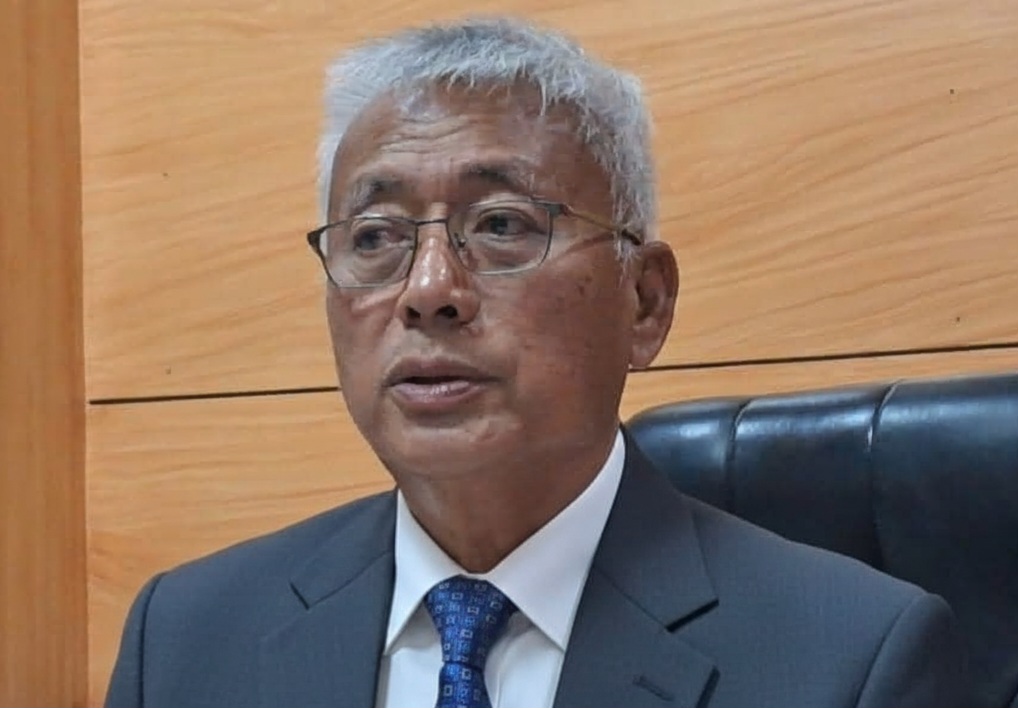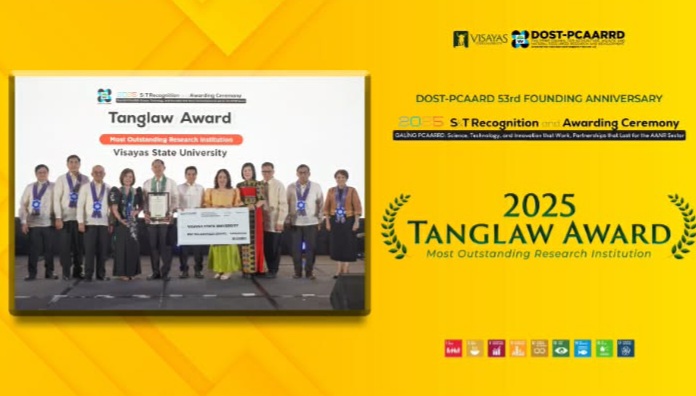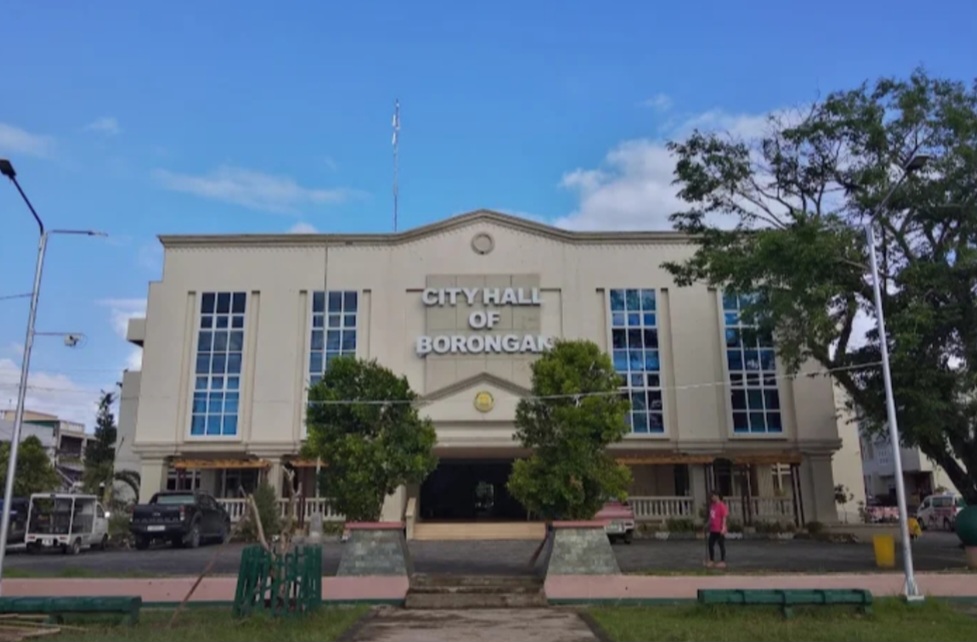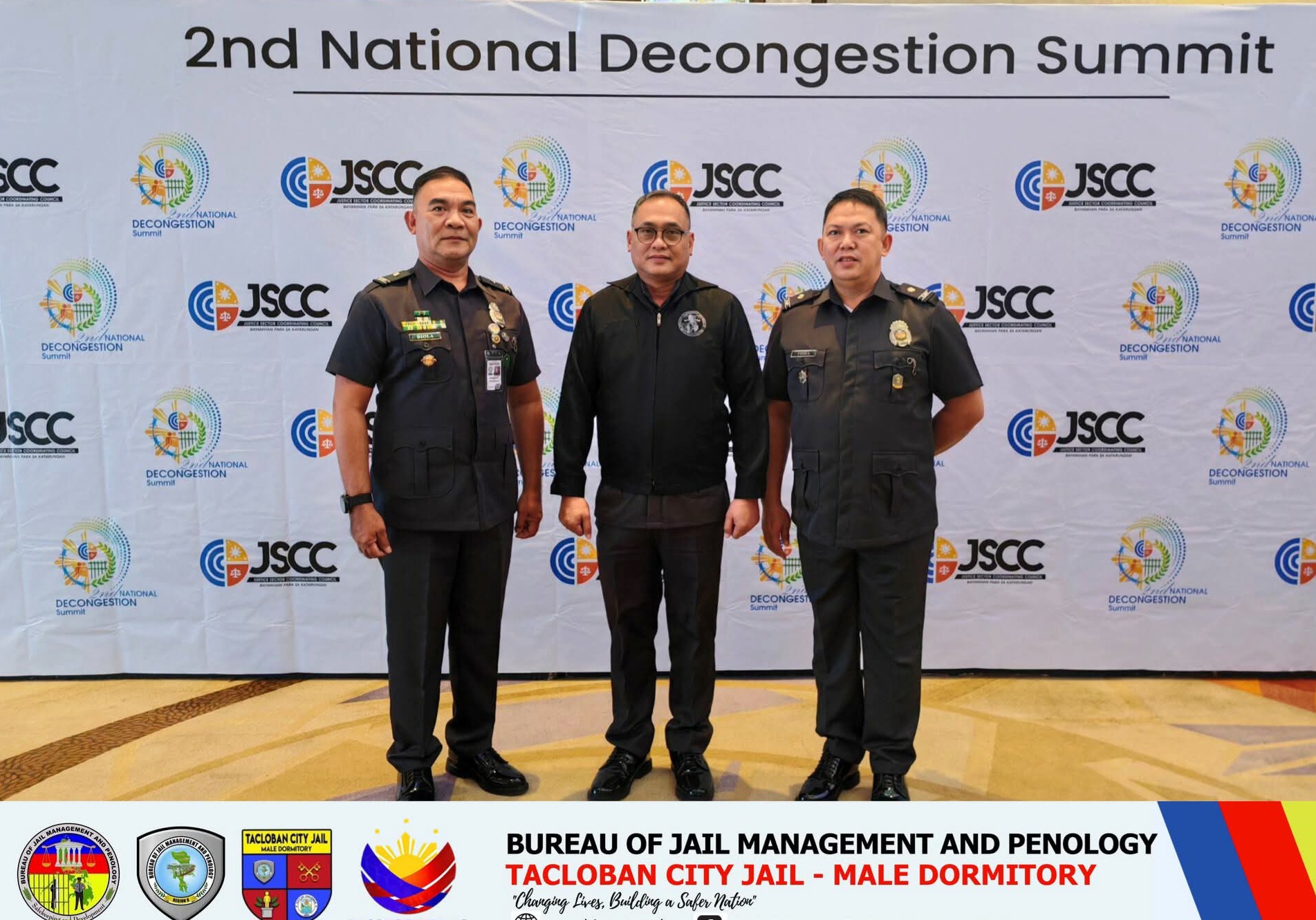
Tacloban City–Ombudsman Clears Former Palompon Mayor of Graft, Misconduct Charges.
The Office of the Ombudsman has dismissed the criminal and administrative complaints filed against former Palompon, Leyte Mayor Ramon C. Oñate regarding the alleged unlawful denial of business permit renewals to several enterprises owned by the Arevalo family.
In a Joint Resolution covering cases OMB-C-C-Jul-24-055 and OMB-C-A-Jul-24-060, the Ombudsman resolved the complaint filed on January 10, 2024, by Ian Jay Arevalo, Irving Joseph L. Arevalo, Tristan Ulrich C. Arevalo, and Irwin Juerg Roble. The complainants had accused Oñate of Violation of Section 3(e) of Republic Act No. 3019 (Anti-Graft and Corrupt Practices Act), as well as Abuse of Authority and Grave Misconduct.
The Arevalos alleged that their businesses in Palompon were unjustly denied renewal of their 2023 business permits, claiming the denial was rooted in bad faith and political bias on the part of the former mayor.
Justification for Denial
After review, the Ombudsman found no probable cause to charge Oñate under the Anti-Graft Law and no substantial evidence to hold him administratively liable.
The resolution ruled that the denial of the business permits was justified and based on the complainants’ failure to submit complete and valid requirements.
The Ombudsman underscored that the Municipality of Palompon has the authority to regulate and impose conditions on the issuance of business permits, and that the Citizens Charter for business permits was uniformly applied to all applicants during the 2023 renewal period.
The findings detailed specific deficiencies for each business:
• BASSI: Had no existing contract with the Philippine Ports Authority (PPA) and operated only under an expired hold-over agreement.
• TTGI Agri Farm: Was found to be in violation of Housing and Land Use Regulatory Board (HLURB) Resolution No. R-674, Series of 2000.
• Fueltec: Its business permit was subject to ongoing litigation.
The resolution emphasized that there was no indication Oñate’s actions gave any unwarranted benefit, advantage, or preference to any party, nor was there a showing of manifest partiality, evident bad faith, or gross inexcusable negligence.
The Ombudsman ultimately concluded that the actions taken by the former mayor were in the proper exercise of his official functions and in accordance with established regulatory procedures, effectively clearing him of both administrative and criminal liability.





